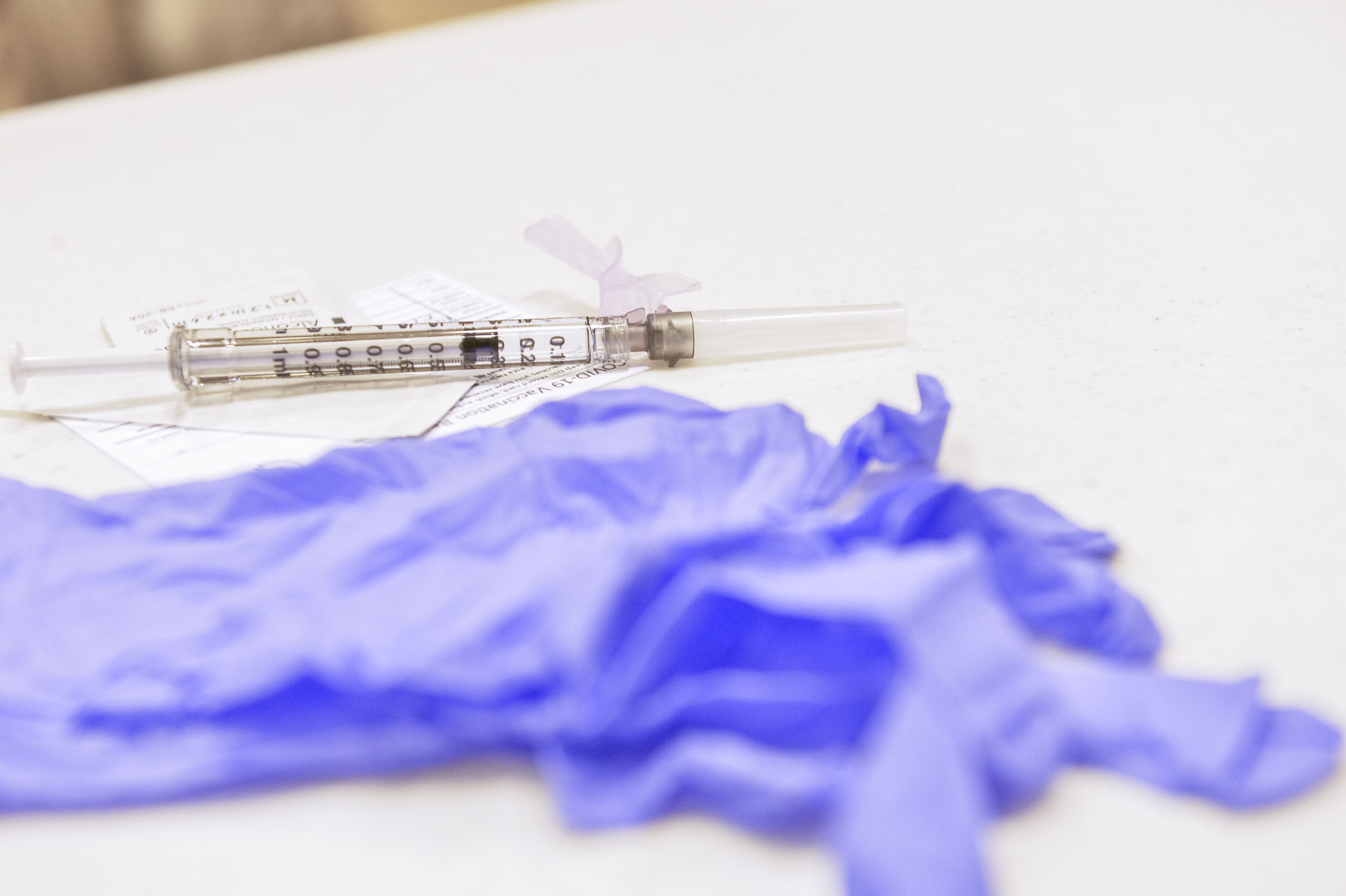MORGANTOWN — As COVID-19 vaccines become more accessible throughout the nation, methods to ensure public safety are continuing to be discussed.
One of these methods that has been a point of contention is the implementation of “vaccine passports,” which would serve as a form of proof of immunization against the coronavirus.
“The idea behind a vaccine passport is really a standardized way to be able to document that people are fully vaccinated,” said Dr. Clay Marsh, West Virginia’s COVID-19 czar.
Marsh said someone is considered to be fully vaccinated two weeks after receiving both doses of the Pfizer or the Moderna vaccine, or two weeks after receiving one dose of the Johnson & Johnson vaccine.
Some officials are considering this type of verification for travel, as well as other activities. This could include attending concerts or sporting events, as well as daily activities such going to gyms, restaurants, work and school.
Vaccine passports have not been issued in the United States, but it is common for travelers to need proof of a negative COVID-19 test to travel to other nations, according to the Council on Foreign Relations. Some also ordered travelers to quarantine in addition to presenting negative tests.
Some nations, such as Israel, have established a system for proof of immunization. In February, Israel launched its Green Pass program, which allows fully vaccinated citizens entry into concert venues, gyms, hotels and restaurants, according to the CFR.
According to Forbes, the European Union has also been discussing plans to establish a Digital Green Certificate. In an effort to avoid discriminating against those who have not been vaccinated, officials proposed citizens who have fully recovered from COVID-19 or have received a negative COVID-19 test would also be eligible to receive the pass.
Marsh said the main issues with implementing vaccine passports in the U.S. are coordinating what the proof of vaccination would apply and establishing the system in a secure way. He said vaccine passports or something similar would likely need to be federally regulated.
“If you’re going to accept vaccine passports to do X, Y and Z in one state, then it would be really potentially problematic if that didn’t apply to other states,” he said. “I think that those levels of inconsistencies would make the passports much more challenged in our country, both from a practical standpoint, but also from a legal standpoint.”
Rhiannon Macom, a resident of Westover, said she feels this system would not be much different than providing proof of vaccinations for things such as school. She said she understands the hesitation regarding vaccine passports but believes they could bring back certain activities, while keeping people safe. She said she doesn’t feel this system should apply to necessities, such as entering grocery stores, but could be applied to things such as concerts.
“I think it’s not unrealistic that [concerts] could happen in the near future,” she said. “Especially if we implemented something where only vaccinated people could go, because then they wouldn’t have to worry about a massive COVID outbreak happening.”
Tina Hinebaugh, a resident of Morgantown, said she is concerned about the legality of making vaccinations a requirement to travel within the U.S. She said she feels it would be difficult to enforce.
“Let’s say you want to make a road trip to Yellowstone, and they say to you, ‘You can’t get a plane ticket, if you don’t have a vaccine,’ ” Hinebaugh said. “Well, someone who does not want to get vaccinated or is upset about that situation is going to say, ‘I’ll just rent an RV and drive out there.’ ”
Dannielle Bryan, a resident of Morgantown, said she doesn’t feel enough is known about the vaccine to place restrictions on those who choose not to receive it.
She said once more is known about its effectiveness, implementing proof of vaccination would be more valuable. She said she feels it could be applied to some things, such as requiring it in schools, but there are also complications that would come with this type of system.
“There will always be folks who feel that these regulations are attacking their freedoms, and they will refuse,” she said. “Another negative impact will be for folks who are unable to get the vaccine due to medical reasons.”
TWEET @DominionPostWV




